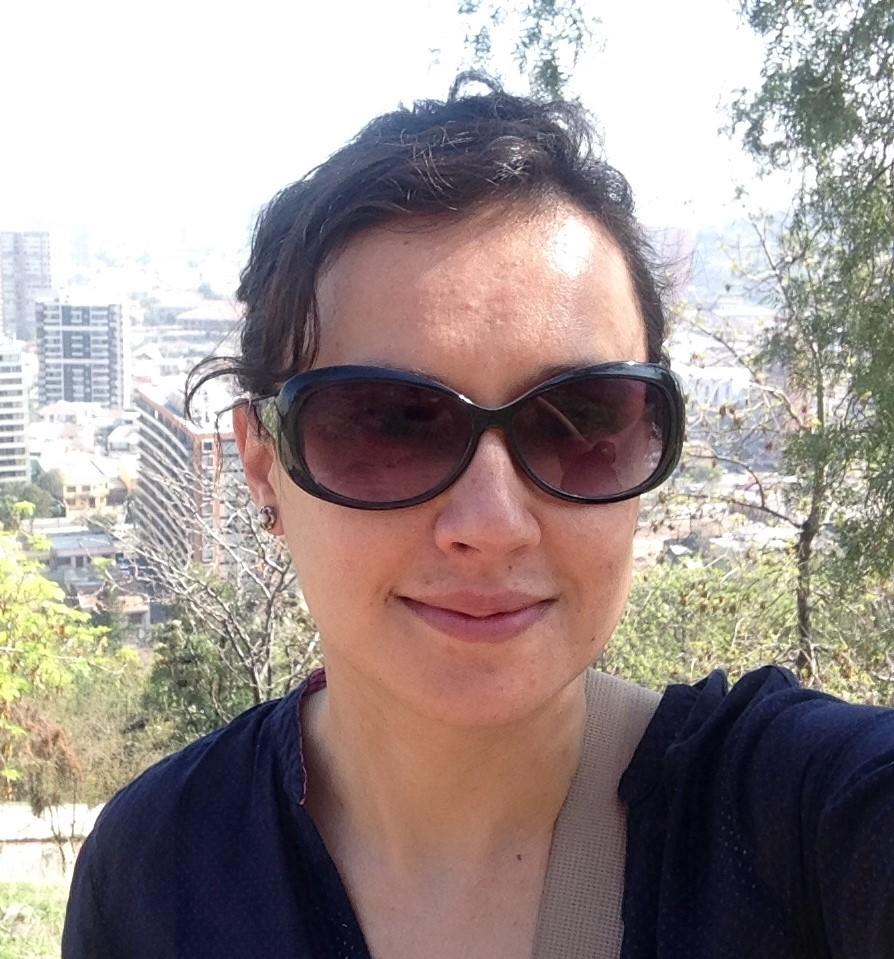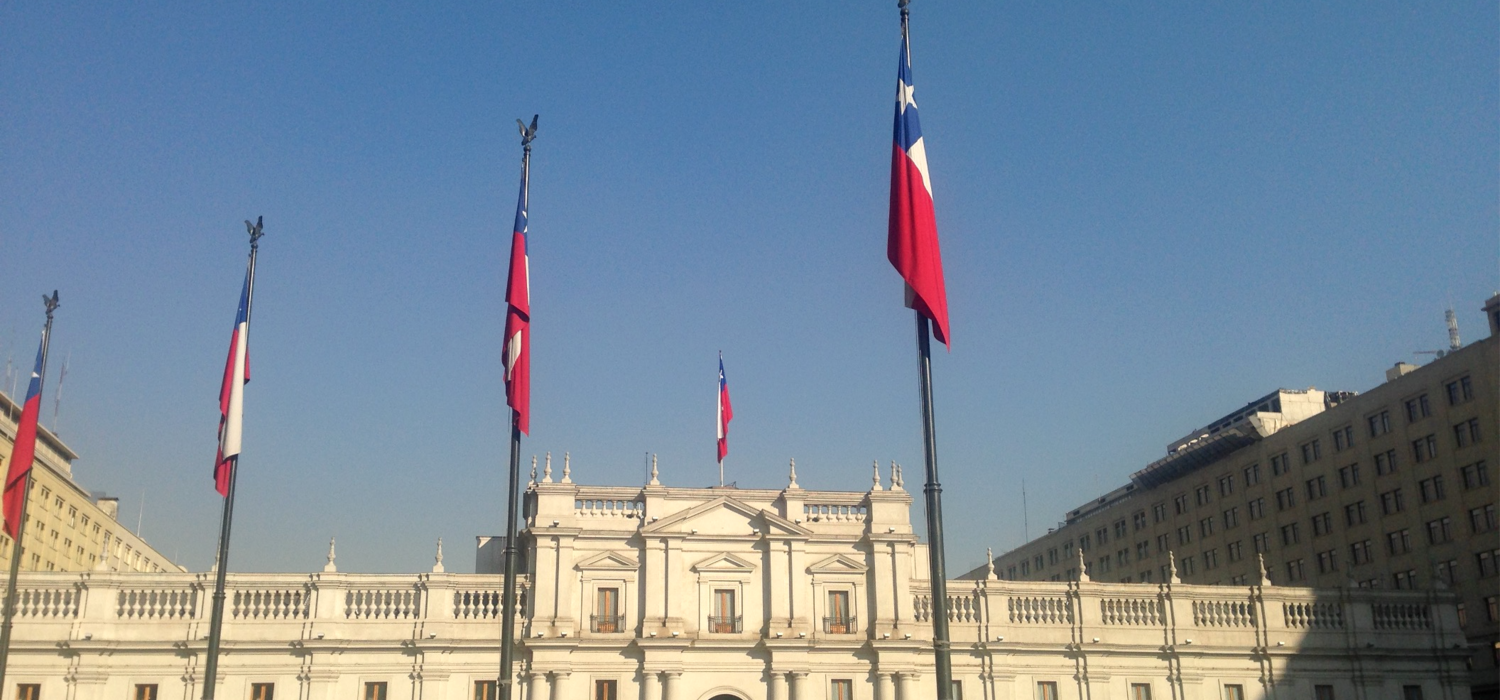
Jan. 28, 2022
What We Are Learning This Week with Dr. Elizabeth Pando Burciaga

January 31, 2021 in POLI 473 State Regimes in Latin America
Dr. Elizabeth Pando Burciaga is exploring state-formation in Latin America
Can you tell us a little more about this topic?
Latin American states are typically described as being weaker than states in Europe or North America. To understand why, it’s important to look at their origins. One explanation is that Latin American states didn’t engage in all-encompassing wars, thus having few incentives to tax their populations and promote administrative efficiency. Another explanation argues the nation-making elites, worried about sharing power with the Indigenous peoples, blacks, and the poor mestizos, resorted to centralizing power and promoting integration under the ideal of one nation; in this way, they could still be in control without the strong institutions required to actually control their vast territories.

What else do you cover in your course?
The course first covers the process of state-formation and the characteristics Latin American states acquired through this process in the 19th Century. We will then study the period of democratic breakdown, authoritarianism, and return to democratic regimes in the 20th Century, as well as the challenges with consolidating democracy, such as the strong presidentialism many Latin American countries are known for. We end the course by studying how Latin American governments and societies navigate contemporary political challenges, such as the political representation of women, social policy, race, ethnicity, and order and insecurity.
How did you come to develop this course?
The development of this course responds to three goals. First, I wanted to develop a course that would provide students with a solid foundation on the origins of Latin American states and the consolidation of democracy, as this entails a very different socio-political context than state-formation in North America or Europe. At the same time, I wanted to highlight the contributions that Latin America has made to Political Science, for example to our understanding of informal institutions. Lastly, I wanted to provide students with the opportunity to analyze political events in Latin America from a more contemporary point of view.
Finally, what other courses would you recommend for students interested this topic?
Students interested in Latin America might also be interested in taking POLI 279 Politics of the Global South and POLI 579 Political Economy of Development.
Our Thanks to Dr. Elizabeth Pando Burciaga for sharing your course with us!
Follow Dr. Pando Burciaga on Twitter @elizpando
